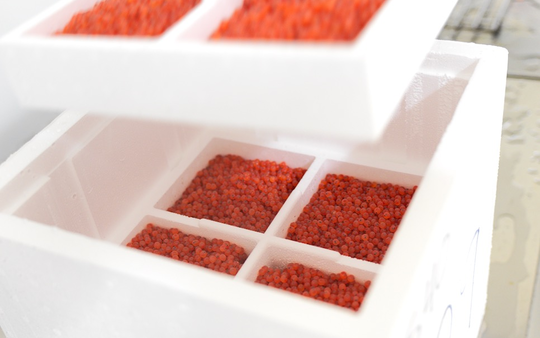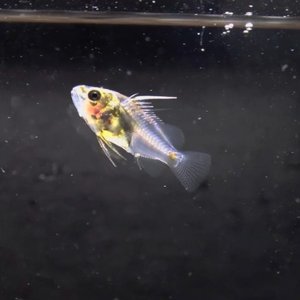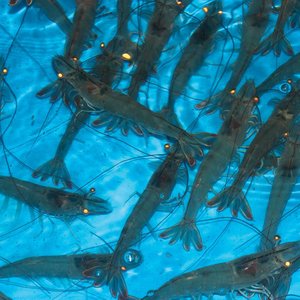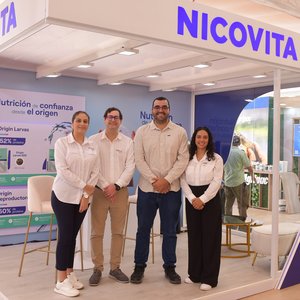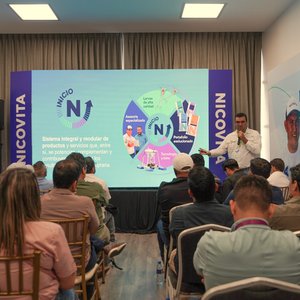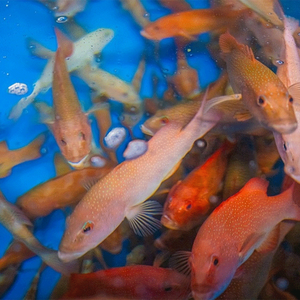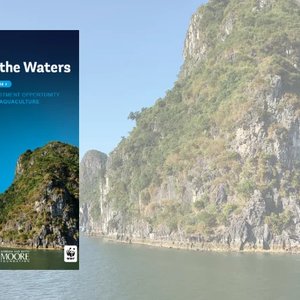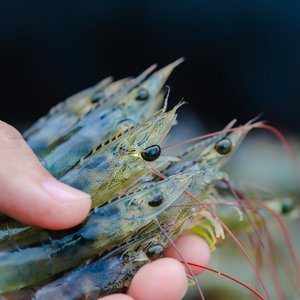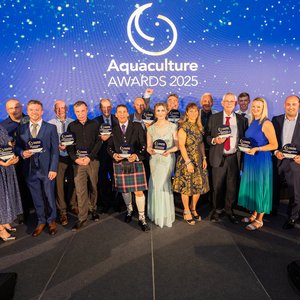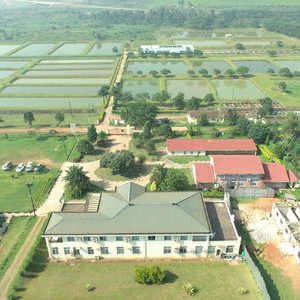Benchmark Genetics and AquaCon signed an agreement to supply ova to the land-based facilities that AquaCon will build in Maryland, USA. Benchmark's Icelandic company, StofnFiskur, will supply approximately 40 million ova to AquaCon over five years. The agreement confirms and consolidates the Benchmark’s strong position as a genetics supplier to land-based farming worldwide.
Benchmark Genetics has been producing land-based broodstock and ova in Iceland since the early 1990s. The company has long-standing experience with land-based salmon farming worldwide and shares this expertise with its customers. Geir Olav Melingen, commercial director at Benchmark Genetics, considers this a clear competitive advantage when selling to new land-based projects.
“As a leading supplier to land-based farming, we have gradually gained comprehensive experience in securing deliveries to destinations all over the world. Since we keep our broodstock on land and thereby have full control over the maturation and spawning, we are in the position to produce and deliver ova to customers every single week of the year. The term “egg season” is outdated with us,” Melingen said.
The security of supply was an essential factor why AquaCon chose the company as a supplier. Pål Haldorsen is the CEO of AquaCon, which currently has a head office in Oslo and shortly plans to go public. “We have chosen to secure genetics at an early stage, as we consider ova as a key strategic success factor of our ambitious growth plans,” Haldorsen said.
Haldorsen explained that Benchmark Genetics satisfies AquaCon's requirements for the security of supply, biosecurity and genetic traits adapted to land-based RAS farming. “Our production plan presupposes regular deliveries of ova throughout the year, and Benchmark Genetics has a production model for land-based broodstock that makes us confident that we will receive deliveries following our plans,” Haldorsen said.
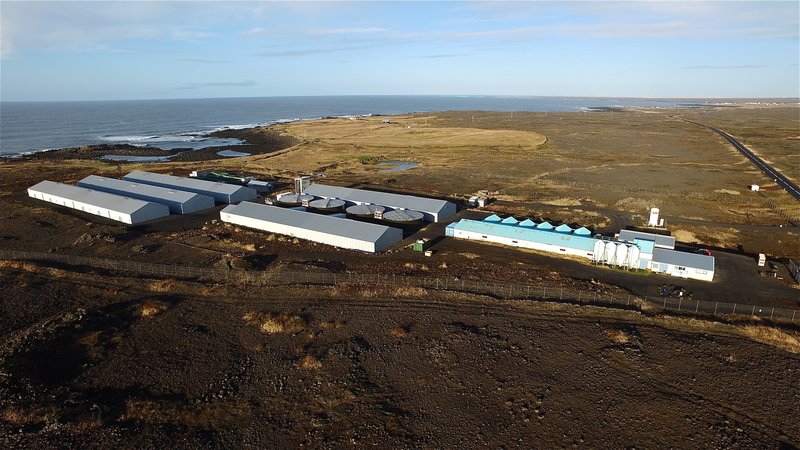
Kalmanstjörn – one of the broodstock facilities of StofnFiskur. Photo: Benchmark Genetics.
A production model that provides high biosecurity and low footprint
Located on the southwest coast of Iceland, StofnFiskur's land-based facilities have no other salmon farms nearby. The intake water, both freshwater and seawater, comes from boreholes and is entirely pathogen-free. StofnFiskur's four farms are approved according to the OIE compartment standard, meaning that the zones around each farm are defined as entirely isolated and protected from external disease threats. As an example, Benchmark Genetics is the only genetics company approved by Sernapesca for the export of ova to Chile.
“The unique location and production model makes us confident that we can deliver eggs that have the highest biosafety standard to AquaCon,” said Melingen. All energy used for broodstock and ova production in Iceland comes exclusively from renewable sources. Thus, the production has a relatively low CO2 footprint, even though land-based production is often considered energy-intensive.
Genetics adapted to land-based production
Benchmark Genetics strongly believes that significant parts of the future growth in salmon farming will come from land-based production. Therefore, the company has developed production concepts and products that are adapted to the specific needs of this part of the industry.
“The genetic weighting of growth and quality traits forms the foundation of our product, SalmoRAS4 +. Besides, we have also developed methods in the production of broodstock that produce offspring that will not become sexually mature. This means that the operations like AquaCon can produce at higher temperatures to optimize growth,” said Melingen.
“We, therefore, have great faith that land-based farming in the future will be competitive on production costs compared to traditional sea farming,” Melingen concluded.


